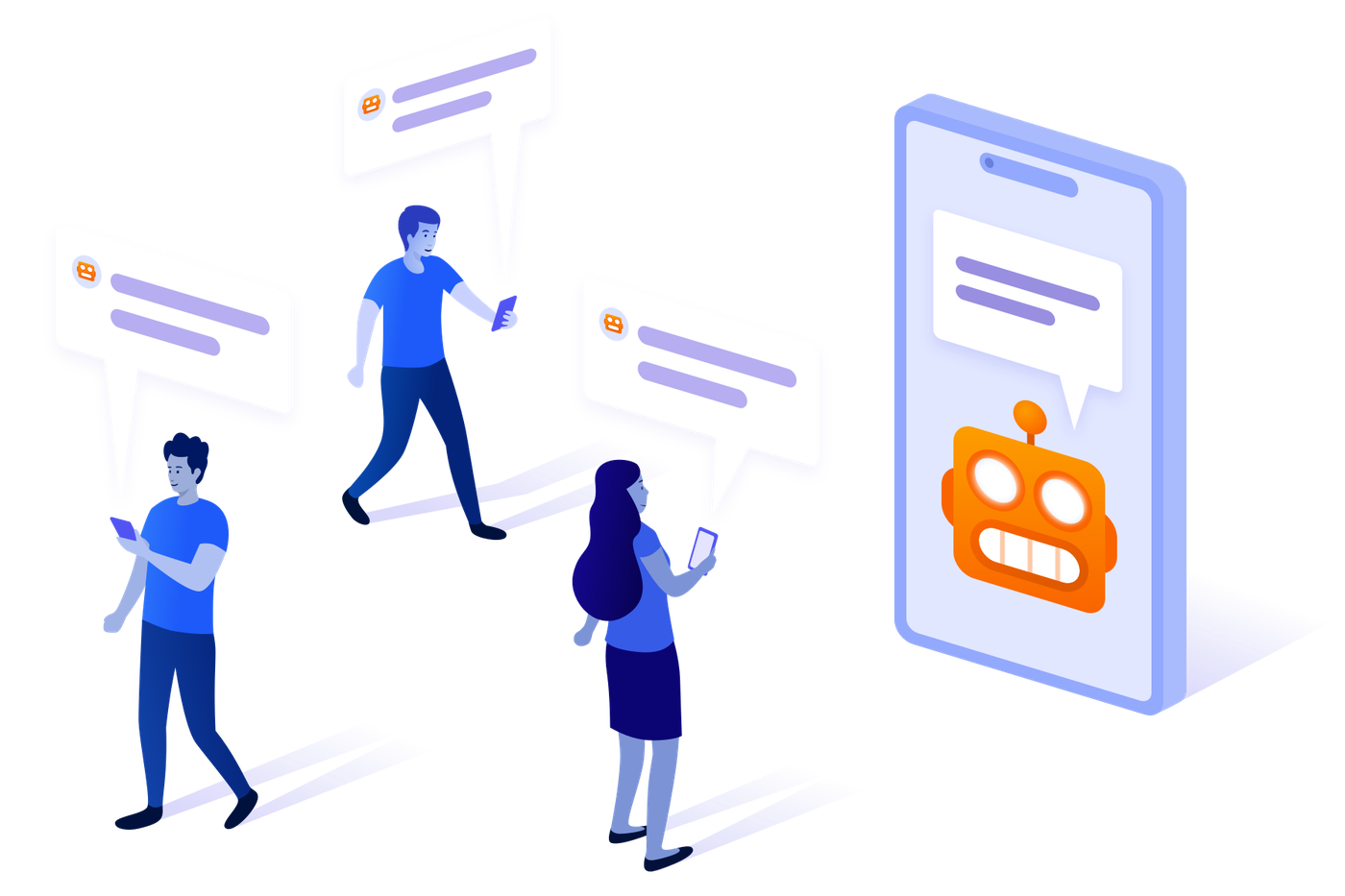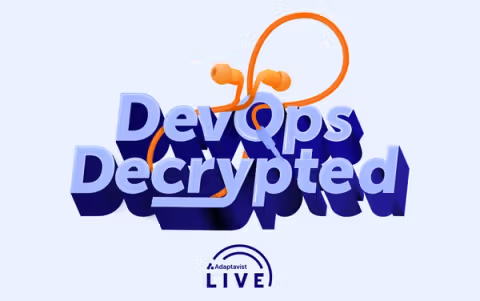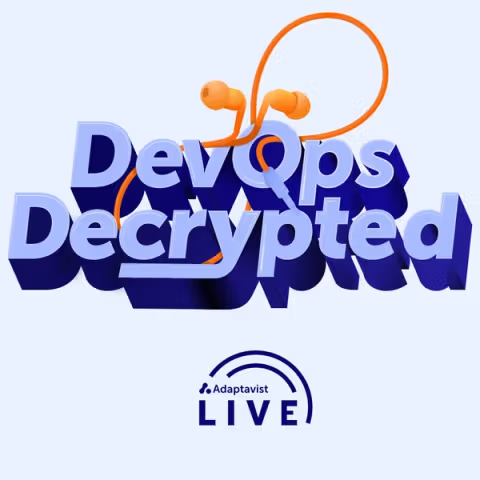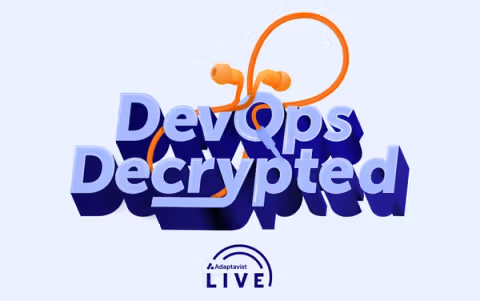Podcasts
Join Adaptavist experts, our ecosystem partners, and industry thought leaders discussing the topics and trends that matter to you.


DevOps Decrypted: Ep.31 - The State of Resilience in 2025? Are you ready for another outage?
We start the year with the State of Resilience 2025 report and discuss cybersecurity, the 2024 CrowdStrike event, and digital resilience.

DevOps Decrypted: Ep.30 - Key takeaways from the CrowdStrike downtime
Jon and Jobin discuss the summer 2024 CrowdStrike outage on DevOps Decrypted, reviewing a survey of 400 affected organisations and their actions for future crises.

DevOps Decrypted: Ep.29 - Modernising legacy systems: A deep dive into BetaNXT's journey
Join our Adaptavist panel and Frank Merla from BetaNXT to discuss transitioning to a scalable platform, focusing on people, champions, AI, and security.

DevOps Decrypted: Ep.28 - Have we completed DevOps? Did we defeat the final boss?
In DevOps Decrypted episode 28, Rasmus feels down. Jon and Matt join him to discuss DevOps, iPhone evolution, and cloud monopolies. Join us as we tackle our tech troubles and ennui.

DevOps Decrypted: Ep.27 - DevRel - humanising DevOps, with insight from Google's Jennifer Davis
In this episode of DevOps Decrypted, Jon and special guest Jennifer Davis remind us that, at the core of the CrowdStrike issue, there are people. And some of them are having a pretty tough time right now.

DevOps Decrypted: Ep.26 - DevOps-Specific AI Beds In
In this episode, we discuss the state of play in AI for DevOps, Jobin's inner poet, the tenth anniversary of Kubernetes – and talk to special guest Lilly Holden about Developer Experience (DevEx).